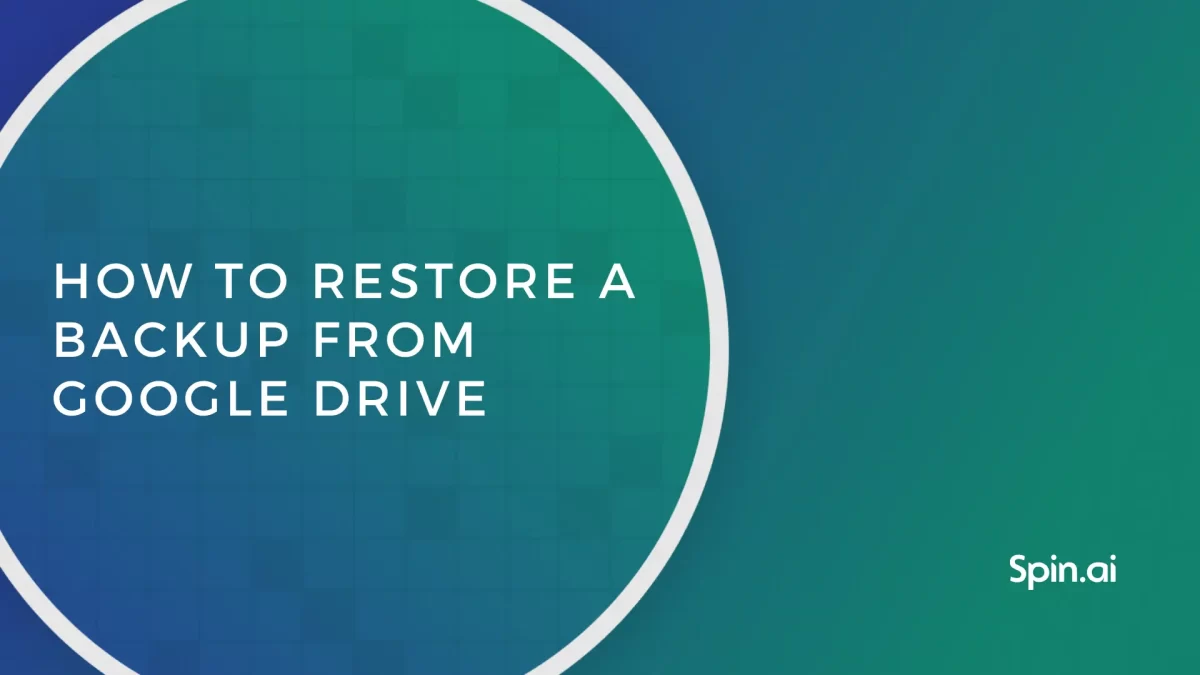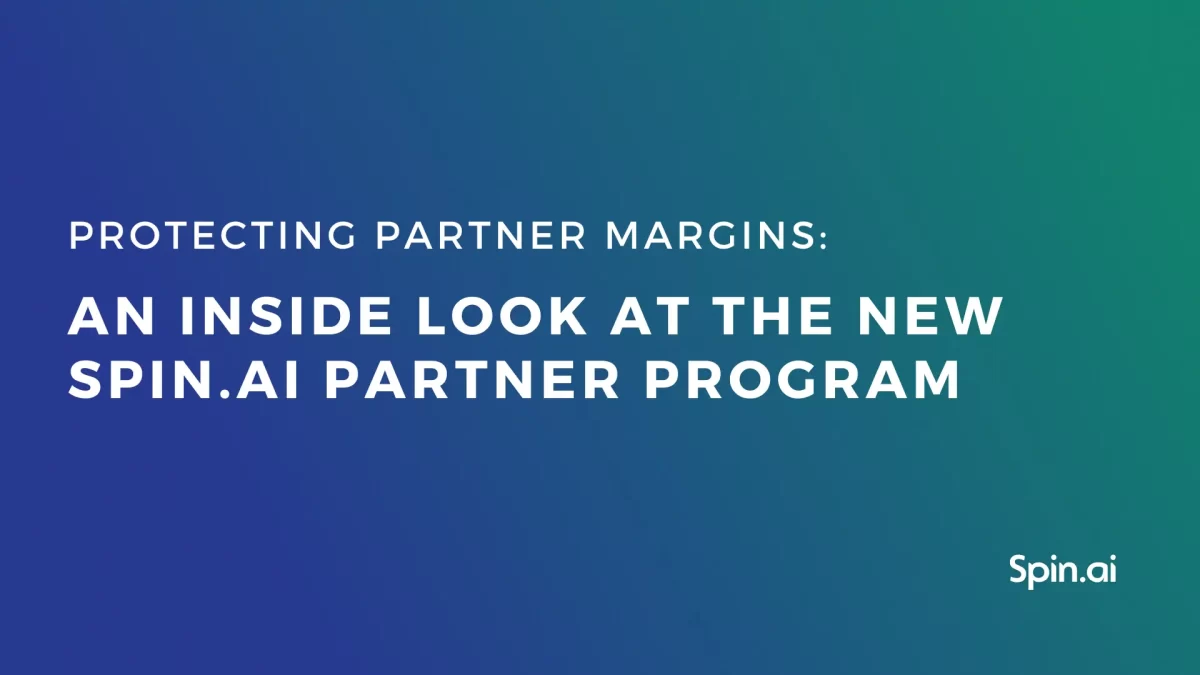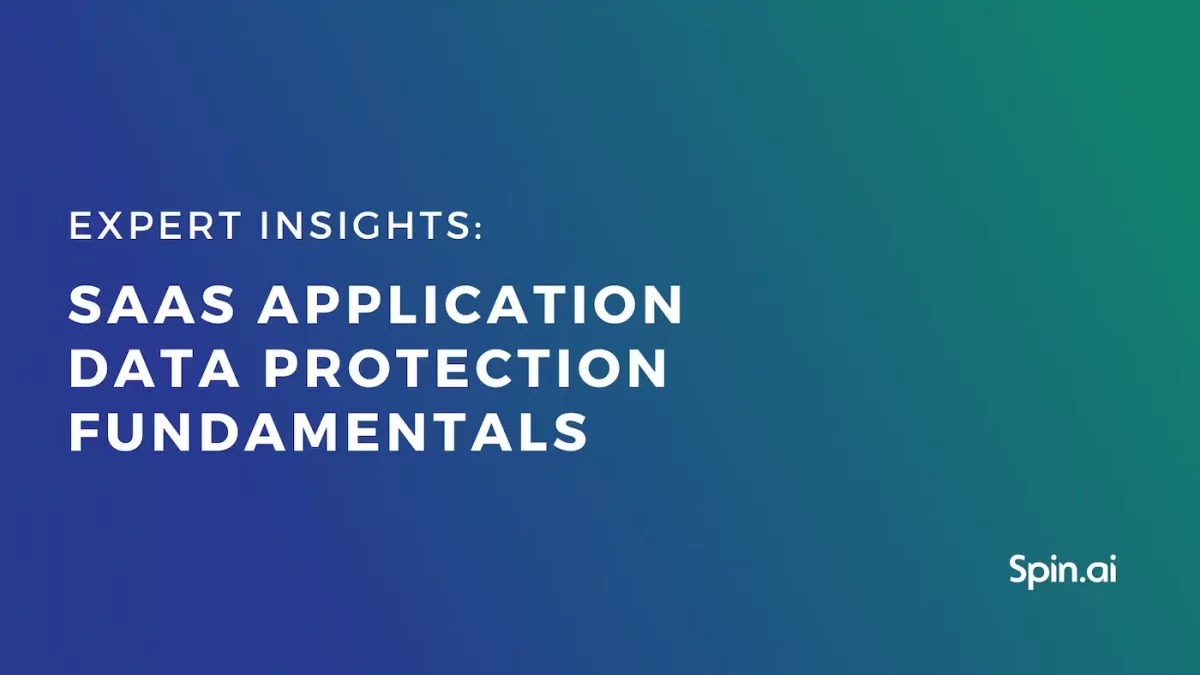HIPAA Compliance Checklist 2023

Healthcare providers and their business associates have to comply with the HIPAA privacy rule. HIPAA requires that personal health information (PHI) is safe from unauthorized access and usage. Here’s a HIPAA compliance checklist to help you.
To achieve HIPAA compliance, you have to implement appropriate safeguards to protect your patients’ data. In other words, you have to ensure that you have the means to keep your system secure.
HIPAA Compliance Checklist
Medical and healthcare organizations heavily depend on cloud services such as G Suite and Office 365. These services play a crucial role in facilitating communication with patients and securely storing their data. Therefore, ensuring compliance in the cloud becomes critically important.
Are G Suite and Office 365 HIPAA compliant? Yes, both G Suite and Office 365 can achieve HIPAA compliance. However, using these cloud services alone doesn’t guarantee automatic compliance. It is essential to upgrade and maintain your systems to ensure the security and privacy of your patients’ data.
To help you, we composed a HIPAA IT compliance checklist based on the compliance requirements. This checklist addresses the essential HIPAA cyber security requirements and is specially tailored for information technology departments. However, individuals handling digital data in any capacity can benefit from its comprehensive guidance.
So, let’s start.
- Implement risk analysis and management. The first step of making your patients’ data secure is to determine what risks threaten it and how to mitigate them.
- Control access and authorization. Preventing unauthorized access is mandatory, and login activities should be monitored. One of the potential access risks is shadow IT, and you have to face this challenge.
- Implement strong password policies. Configuring password policies is needed to prevent data breaches and cyberattacks.
- Use multi-factor authentication (MFA). With MFA enabled, you’ll require both a password and a special code to log in. It’s another good practice to prevent unauthorized access.
- Protect against malware. Malware protection is one of the most important HIPAA IT compliance requirements. Make sure that your systems are protected from malware and ransomware.
- Create an incident response (IR) plan. Having an IR plan is required to minimize the negative impact of security incidents. Disaster recovery is one of the key elements of an IR plan.
- Have your files backed up. Having a backup is a great way to protect your data and recover it if the need arises. That’s why backup is required to protect PHI.
- Make sure that PHI is encrypted. Encryption is one of the best security measures. Your data has to be encrypted both in transit and in storage.
- Arrange security awareness training for your colleagues. About 25% of all data breaches are caused by human error. Aware employees are less likely to put sensitive information in danger. Training will help you to reduce the negative impact of user behavior.
- Conduct security audits. A security audit will help you to determine the effectiveness of implemented security measures and detect potential flaws.
Going through this HIPAA compliance checklist will help you to boost the security of your software systems. If your organization uses G Suite or Mircosoft Office 365, our security solution may come in handy for you.
How Do We Help You to Meet HIPAA Security Requirements?
SpinOne, a cybersecurity tool for G Suite and Mircosoft Office 365 users, helps you to protect your data to support your HIPAA compliance. Here’s what you can do with our solution:
- Automatically backup your G Suite/Mircosoft Office 365 data to ensure it can be recovered. We use the granular recovery approach to make the recovery process faster. Our customers’ data is stored and encrypted using FIPS 140-2 validated AES-256 encryption algorithm.
- Protect your G Suite/Microsoft Office 365 data from ransomware. We utilize advanced machine learning algorithms to detect and stop ransomware attacks. All lost data is recovered. Also, SpinOne provides access management and audit features that help investigate incidents and minimize the incident impact.
- Audit SaaS applications connected to your G Suite, detect potential risks, whitelist secure apps, and blacklist risky ones.
- Review and analyze various critical security events within the domain, such as abnormal logins or sensitive data sent over the email. SpinOne security policies notify administrators when abnormal logins or brute-force attacks are detected.
- Audit your data behavior, including downloads, sharing, and transfers to prevent unauthorized sharing of sensitive information.
Frequently Asked Questions
What is the HIPAA Security Rule?
HIPAA Security Rule is an integral part of the Health Insurance Portability and Accountability Act (HIPAA). The Rule establishes national standards to protect individuals’ electronic Protected Health Information (ePHI) that is created, received, used, or maintained by a covered entity. The HIPAA Security Rule sets the main “how to” regarding ePHI protection by outlining appropriate administrative, physical, and technical safeguards.
Why is HIPAA compliance important?
The importance of HIPAA compliance cannot be overestimated. HIPAA compliance ensures healthcare providers, health plans, healthcare clearinghouses, and business associates understand and take necessary measures to prevent the risks to electronic Protected Health Information (ePHI). It motivates organizations to maintain and improve their security posture, improves their brand image, and raises the chances for new contracts. Finally, HIPAA compliance helps covered entities and business associates to avoid lawsuits, fines, and reputational damages due to noncompliance.
What are the requirements of the HIPAA Security Rule?
HIPAA Security Rule requires organizations to protect individuals’ electronic Protected Health Information (ePHI) by implementing appropriate administrative, physical, and technical safeguards as well as specific organizational requirements. These include:
- Administrative Safeguards:
- Implement policies and procedures to prevent, detect, contain, and correct security violations.
- Designate an individual or team responsible for the security of ePHI.
- Ensure workforce security and manage information access.
- Train workforce members on HIPAA-related security policies and procedures.
- Maintain Security Incident Procedures and Contingency Plan.
- Physical Safeguards:
- limit physical access to ePHI storage areas.
- Secure workstations and mobile devices that access ePHI.
- Implement controls for the disposal and reuse of electronic devices and media containing ePHI.
- Technical Safeguards:
- Maintain access control mechanisms.
- Record and examine activity in information systems.
- Ensure ePHI remains unaltered and accurate.
- Verify the identity of individuals accessing ePHI.
- Protect ePHI during electronic transmission.
- Organizational Requirements:
- Enter into Business Associate Agreements (BAA) with vendors to ensure they also comply with HIPAA requirements.
- Policies, Procedures and Documentation Requirements:
- Develop and implement policies and procedures that address the requirements of the Security Rule.
- Maintain documentation of actions taken to comply with the Security Rule.
What are the HIPAA compliance requirements?
All organizations that store, process, transmit, or generate ePHI of U.S. citizens must comply with HIPAA by following the HIPAA Security, Privacy, and Breach Notification Rules. This includes implementing all of the required administrative, physical, and technical safeguards as well as organizational requirements to protect PHI and ePHI.
Was this helpful?
How Can You Maximize SaaS Security Benefits?
Let's get started with a live demo
Latest blog posts
How to Restore A Backup From Google Drive: A Step-by-Step Guide
April 10, 2024Backing up your Google Drive is like making a safety net for the digital part... Read more
Protecting Partner Margins: An Inside Look at the New Spin.AI Partn...
April 2, 2024Google recently announced a 40% reduction in the partner margin for Google Workspace renewals –... Read more
Expert Insights: SaaS Application Data Protection Fundamentals
March 21, 2024SaaS applications appeal to organizations because they make running the application “somebody else’s problem.” However,... Read more


